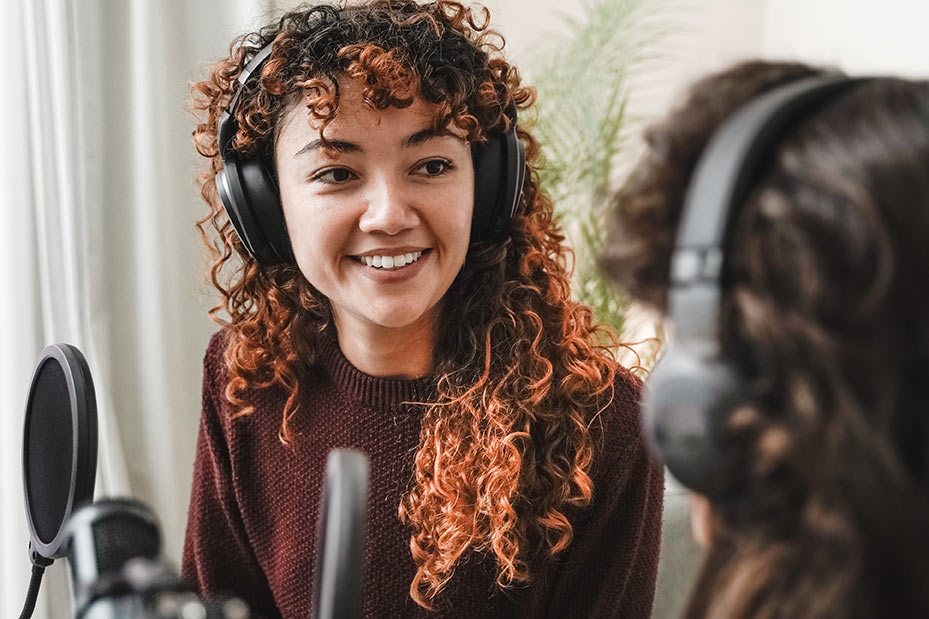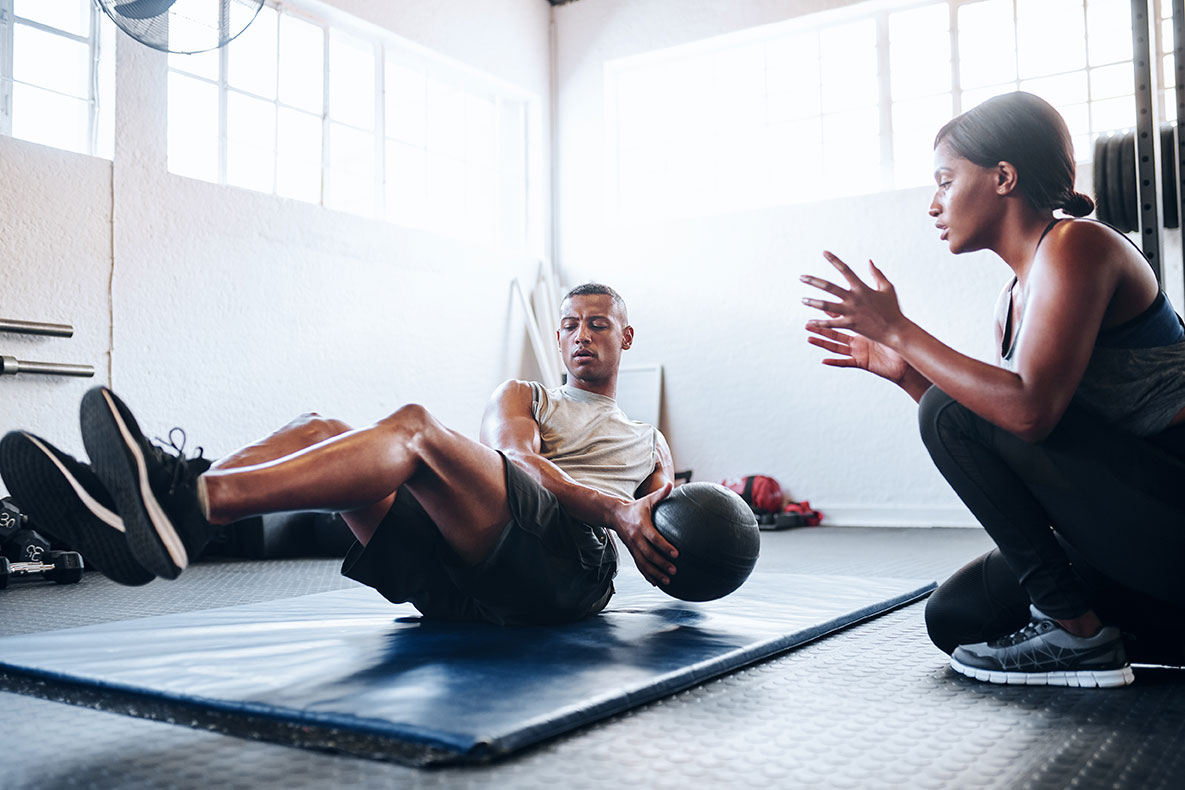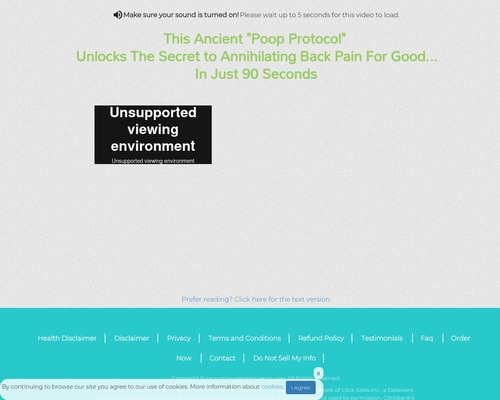[ad_1]
Podcasting 101
A podcast is a series of digital audio files that a user can stream or download to a personal device. While some podcasts also include a video component, most provide audio-only episodes. Podcasts come in a variety of formats, including a single host sharing their expertise, a conversation between several hosts, or a traditional interview. The length of podcasts varies widely, depending on the topic and the host.
Why should you start a podcast? Pete McCall, host of the All About Fitness podcast, wanted to provide fitness education directly from the top experts in exercise and science to help counter any misinformation. “As an educator with access to a lot of other educators, I wanted to provide insight into the types of conversations that we were having at various events; a look at what top fitness educators find interesting.” As a health and exercise professional, providing motivation and education for your clients could increase client connection and retention, while also making it possible to reach new clients.
Seran Glanfield, the owner of Spring Three, knows how challenging it can be for studio owners to build and grow their businesses. She created The Pilates Business podcast to provide insights and tips for studio owners and managers through easily consumable, weekly episodes. Not only has podcasting been less time-consuming than writing all of her content, Seran discovered another bonus: “I feel that I have been able to build deeper relationships with my current clients (they reference my podcast) and I love that I get to speak with people all over the world about fitness business growth.”
Do you have a message to share? Do you want to connect with current clients or attract new clients? Then a podcast may be a great fit for you.
Sadie Simpson is the host of the Satisfaction Factor Podcast. She found podcasting to be the perfect complement to being a personal trainer and group fitness instructor. “It’s like a bonus educational opportunity and a way to connect to the folks I work with because I can refer them to specific episodes to check out when certain topics come up in our sessions.”
Creating New Opportunities Through Podcasting
When the COVID-19 pandemic shut down the world in March 2020, many health and exercise professionals struggled with how to navigate in the fitness space. McCall used this as an opportunity to approach various fitness industry leaders. “I was able to have conversations with industry leaders like Tricia Murphy Madden, Amy Thompson and Randy Hetrick to provide some insights into how the fitness landscape would change in response to the pandemic.
Podcasting creates new opportunities to learn, collaborate and network. “As someone who has been working as a consultant, having these conversations gave me valuable insights on the direction of the industry that I could then use as I worked with various client organizations,” explains McCall.
Simpson experienced similar advantages and opportunities. “Having a podcast has given me the opportunity to talk publicly about topics that are important to me personally and professionally,” she explains. Podcasting also offered her opportunities to network. “I’ve been able to connect with other professionals: fitness pros, therapists and dietitians, and have built relationships that have provided cross-client referrals and have opened up the door for other business collaborations.”
Podcasting increases your visibility and credibility and establishes you, the health and exercise professional, as a leader in the industry. For example, hosting a podcast could lead to writing for publications, speaking engagements and presenting at conferences.
Here are three things to think about before starting a podcast:
-
- Identify your goal: Are you looking to increase your credibility in the field, learn from others, or network to find more speaking, writing or other opportunities in the fitness industry. Take the time to first identify your unique point of view or niche. There is no right answer—only what is right for you.
-
- Decide on your show type: Do you want to create a solo show in which you share your expertise or would you prefer to have a cohost? Do you plan to interview others in the industry, and if so, how will you reach out to possible guests?
-
- Schedule and plan: Podcasting can be time-consuming depending on the type of podcast you want to launch, if you will be doing it yourself or if you have help. Regardless of the format, creating a podcast involves content planning, research, outlining and scriptwriting, recording, editing, publishing and promoting. A podcast will only grow if you’re willing to put in the time and work. As you plan, be realistic about the time you have available to dedicate to your podcast.
Getting started doesn’t have to be complicated or expensive. When starting out, use what you have and record. You can learn over time and you will improve with consistent practice. As you grow your audience, plan to invest in higher-quality equipment, such as a microphone and editing software, as your budget allows. McCall advises sticking with the basics and focusing on developing good content and having insightful conversations with guests.
Podcasting Tools to Get You Started
Project management: Asana or Trello
Episode management: Airtable, Trello or a spreadsheet
Scheduling: Calendly
Recording: Zoom or Riverside.fm
Editing: GarageBand or Audacity
Transcription: Descript
Hosting: Buzzsprout
Best budget microphone: Samson Technologies Q2U
For more information on podcasting, download this quick start guide for health and exercise professionals.
Practice your behavior change coaching skills with our Mentorship experience

[ad_2]



